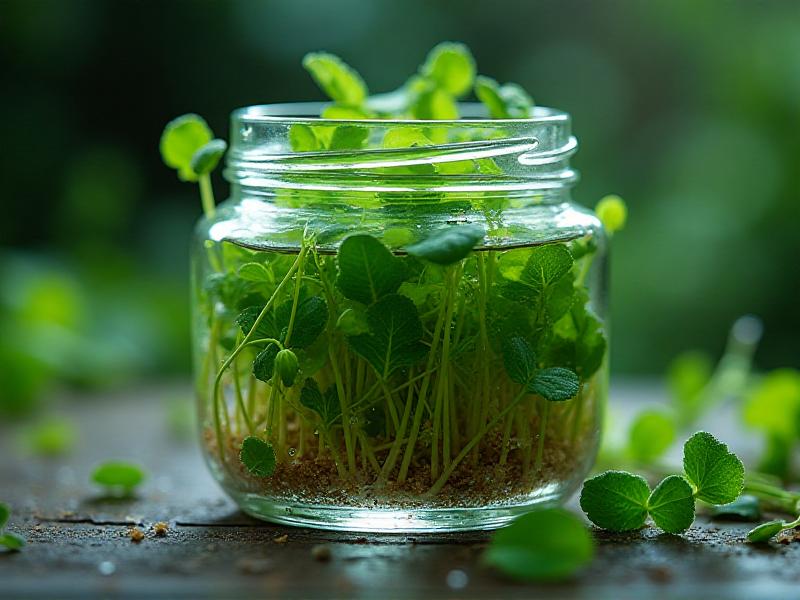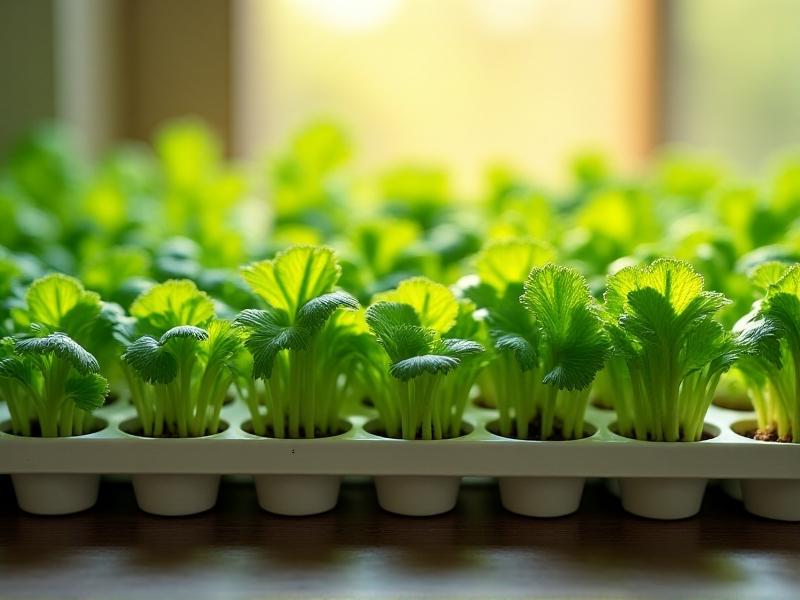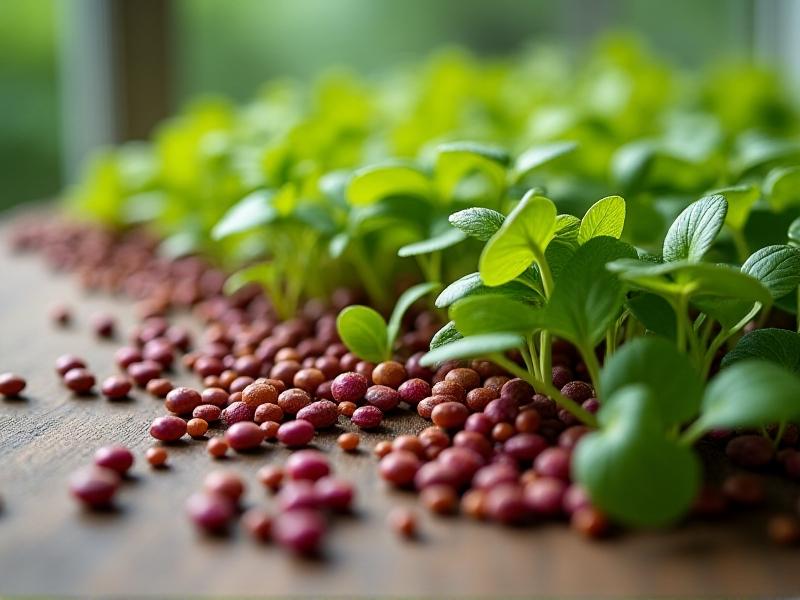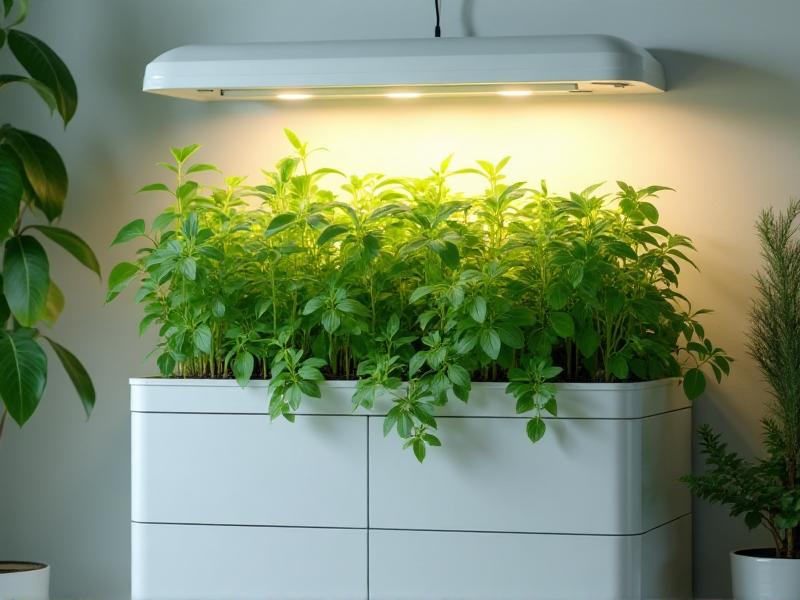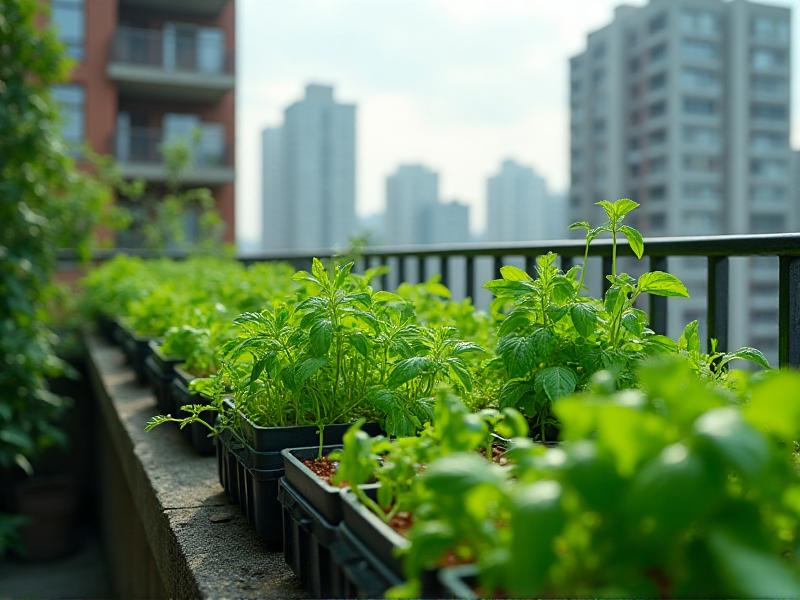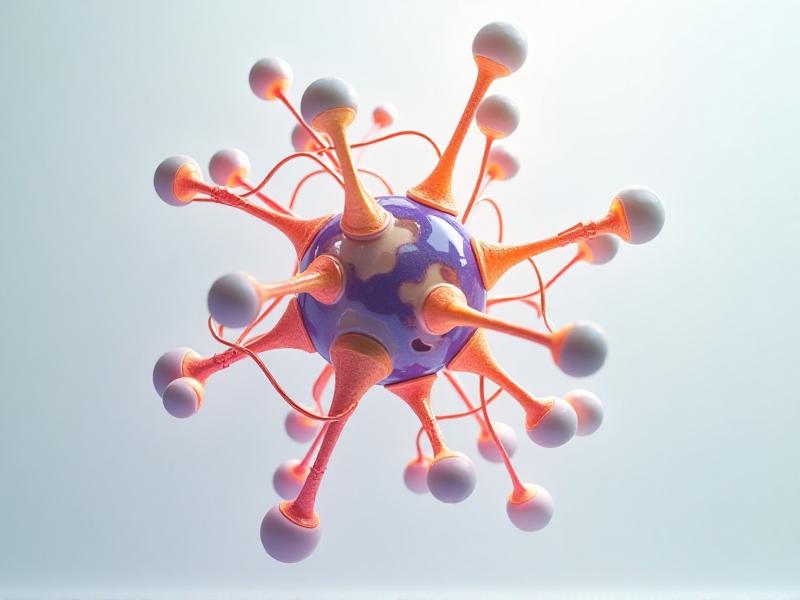Silica Supplementation for Stronger Stems
The Role of Silica in Plant Health
Silica, or silicon dioxide, is a naturally occurring mineral that plays a crucial role in plant health. Often overlooked, silica is essential for the structural integrity of plants, particularly in strengthening stems. When plants absorb silica from the soil, it is deposited in their cell walls, creating a rigid framework that supports the plant's overall structure. This reinforcement is particularly beneficial for plants with weak or brittle stems, as it reduces the risk of breakage and improves resilience against environmental stressors.
Plants with adequate silica levels exhibit enhanced resistance to pests and diseases. The mineral forms a physical barrier within the plant's tissues, making it harder for pathogens to penetrate. Additionally, silica can activate the plant's natural defense mechanisms, further bolstering its ability to fend off attacks. This dual role of silica—both as a structural enhancer and a disease deterrent—makes it a vital component of plant health.
Research has shown that silica supplementation can lead to significant improvements in crop yields. Stronger stems mean that plants can support more fruit or flowers without collapsing under their own weight. This is particularly important for high-yield crops like tomatoes, cucumbers, and peppers, which often suffer from stem breakage due to the weight of their produce. By incorporating silica into their fertilization regimen, farmers can ensure that their plants remain robust and productive throughout the growing season.
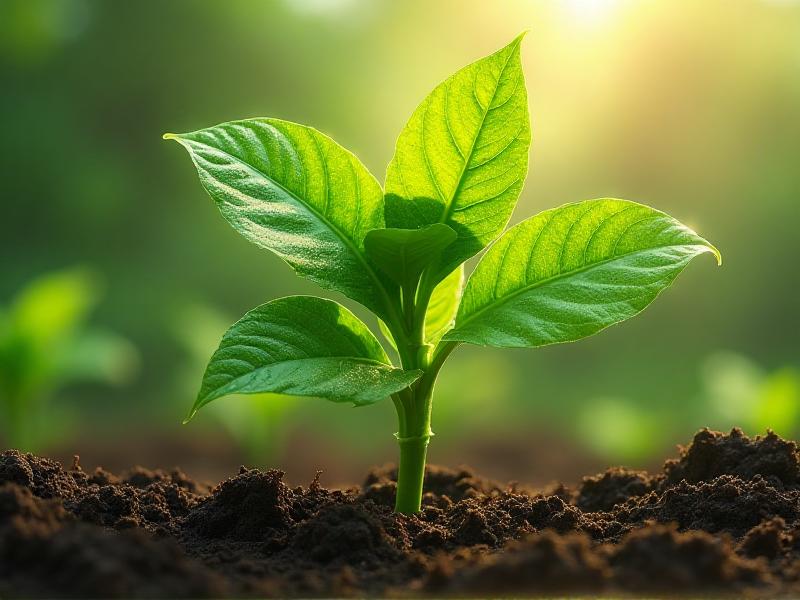
How Silica Strengthens Plant Stems
Silica's ability to strengthen plant stems lies in its unique chemical properties. When absorbed by plants, silica is transported to the cell walls, where it forms a layer of silicon dioxide. This layer acts like a skeleton, providing additional rigidity and support to the plant's structure. The result is stems that are thicker, tougher, and less prone to bending or breaking under stress.
One of the key benefits of silica is its ability to improve the plant's resistance to lodging, a phenomenon where plants fall over due to weak stems. Lodging is a common issue in crops like wheat and rice, where heavy grain heads can cause the stems to collapse. By strengthening the stems, silica reduces the likelihood of lodging, ensuring that the plants remain upright and continue to photosynthesize effectively.
In addition to its structural benefits, silica also enhances the plant's ability to transport water and nutrients. Stronger stems mean that the plant's vascular system is better supported, allowing for more efficient movement of essential resources from the roots to the leaves. This improved nutrient transport can lead to healthier, more vigorous plants with greater overall resilience.
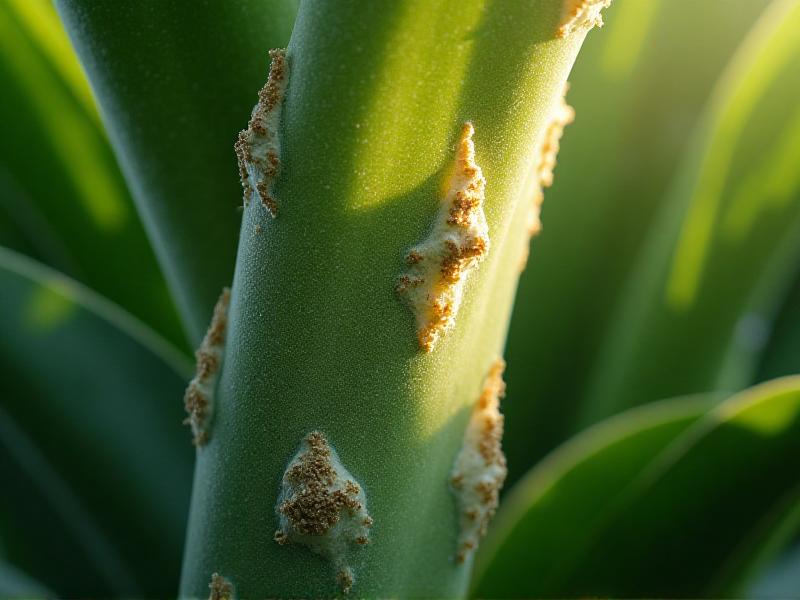
Silica's Impact on Plant Resilience
Plants face a variety of environmental challenges, from drought and heat to pests and diseases. Silica plays a critical role in helping plants withstand these stressors. By strengthening the cell walls, silica makes plants more resistant to physical damage, such as wind or heavy rain. This added resilience allows plants to maintain their structural integrity even in adverse conditions.
Silica also helps plants cope with biotic stressors, such as insect attacks and fungal infections. The mineral forms a physical barrier within the plant's tissues, making it harder for pests and pathogens to penetrate. Additionally, silica can trigger the plant's natural defense mechanisms, such as the production of defensive compounds, further enhancing its ability to fend off threats.
In drought conditions, silica can improve the plant's water-use efficiency. By strengthening the cell walls, silica reduces water loss through transpiration, allowing the plant to retain more moisture. This is particularly beneficial in arid regions where water is scarce, as it enables plants to survive longer periods without irrigation. Overall, silica's ability to enhance plant resilience makes it an invaluable tool for farmers and gardeners looking to cultivate hardy, stress-resistant plants.

Methods of Silica Supplementation
There are several methods for supplementing silica in plants, each with its own advantages and considerations. One common approach is to apply silica-rich fertilizers directly to the soil. These fertilizers release silica slowly over time, allowing plants to absorb the mineral as needed. This method is particularly effective for long-term soil health, as it ensures a steady supply of silica throughout the growing season.
Another method is foliar spraying, where a silica solution is applied directly to the plant's leaves. This approach allows for rapid absorption of silica, making it an ideal choice for plants that need an immediate boost in strength and resilience. Foliar spraying is also useful for addressing specific issues, such as pest infestations or disease outbreaks, as it delivers silica directly to the affected areas.
For hydroponic systems, silica can be added to the nutrient solution. This ensures that plants growing in a soilless environment receive an adequate supply of silica. Hydroponic growers often prefer this method because it allows for precise control over nutrient levels, ensuring that plants receive the optimal amount of silica for their growth and development.
Benefits of Silica for High-Yield Crops
High-yield crops, such as tomatoes, cucumbers, and peppers, often face the challenge of supporting heavy fruit loads on relatively weak stems. Silica supplementation can address this issue by strengthening the stems, allowing the plants to bear more fruit without collapsing. This not only improves the overall yield but also reduces the risk of crop loss due to stem breakage.
In addition to supporting heavier fruit loads, silica also enhances the quality of the produce. Plants with adequate silica levels tend to produce larger, more uniform fruits with better texture and flavor. This is particularly important for commercial growers, who rely on high-quality produce to meet market demands and maximize profits.
Silica also plays a role in extending the shelf life of harvested fruits and vegetables. By strengthening the cell walls, silica reduces the rate of water loss and decay, allowing the produce to remain fresh for longer. This is a significant advantage for growers who need to transport their crops over long distances or store them for extended periods before sale.
Silica and Sustainable Agriculture
As the global population continues to grow, the demand for sustainable agricultural practices has never been greater. Silica supplementation offers a natural, eco-friendly solution for improving crop yields and resilience. Unlike synthetic fertilizers, which can have negative environmental impacts, silica is a naturally occurring mineral that poses no harm to the ecosystem.
By strengthening plants and reducing the need for chemical pesticides, silica can help farmers adopt more sustainable farming practices. Healthier plants are less susceptible to pest infestations and disease outbreaks, reducing the reliance on harmful chemicals. This not only benefits the environment but also improves the safety and quality of the food produced.
Silica also plays a role in soil health. When applied to the soil, silica can improve its structure and fertility, making it more conducive to plant growth. This is particularly important in regions where soil degradation is a concern, as silica can help restore the soil's natural balance and support long-term agricultural productivity.
Conclusion
Silica supplementation is a powerful tool for enhancing plant health, particularly in strengthening stems and improving resilience. From high-yield crops to sustainable agriculture, the benefits of silica are vast and far-reaching. By incorporating silica into their fertilization regimen, farmers and gardeners can cultivate stronger, healthier plants that are better equipped to withstand environmental stressors and produce bountiful harvests. As we continue to face the challenges of a growing population and changing climate, silica offers a natural, sustainable solution for ensuring food security and agricultural productivity.


